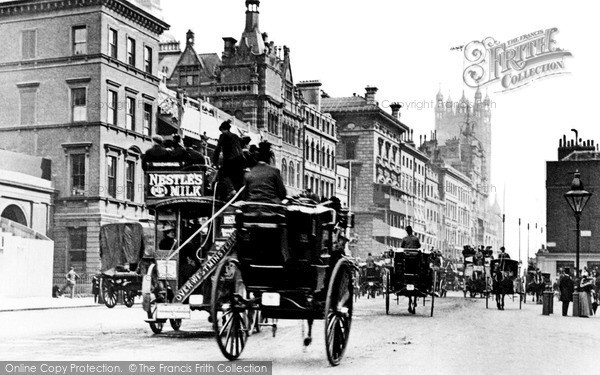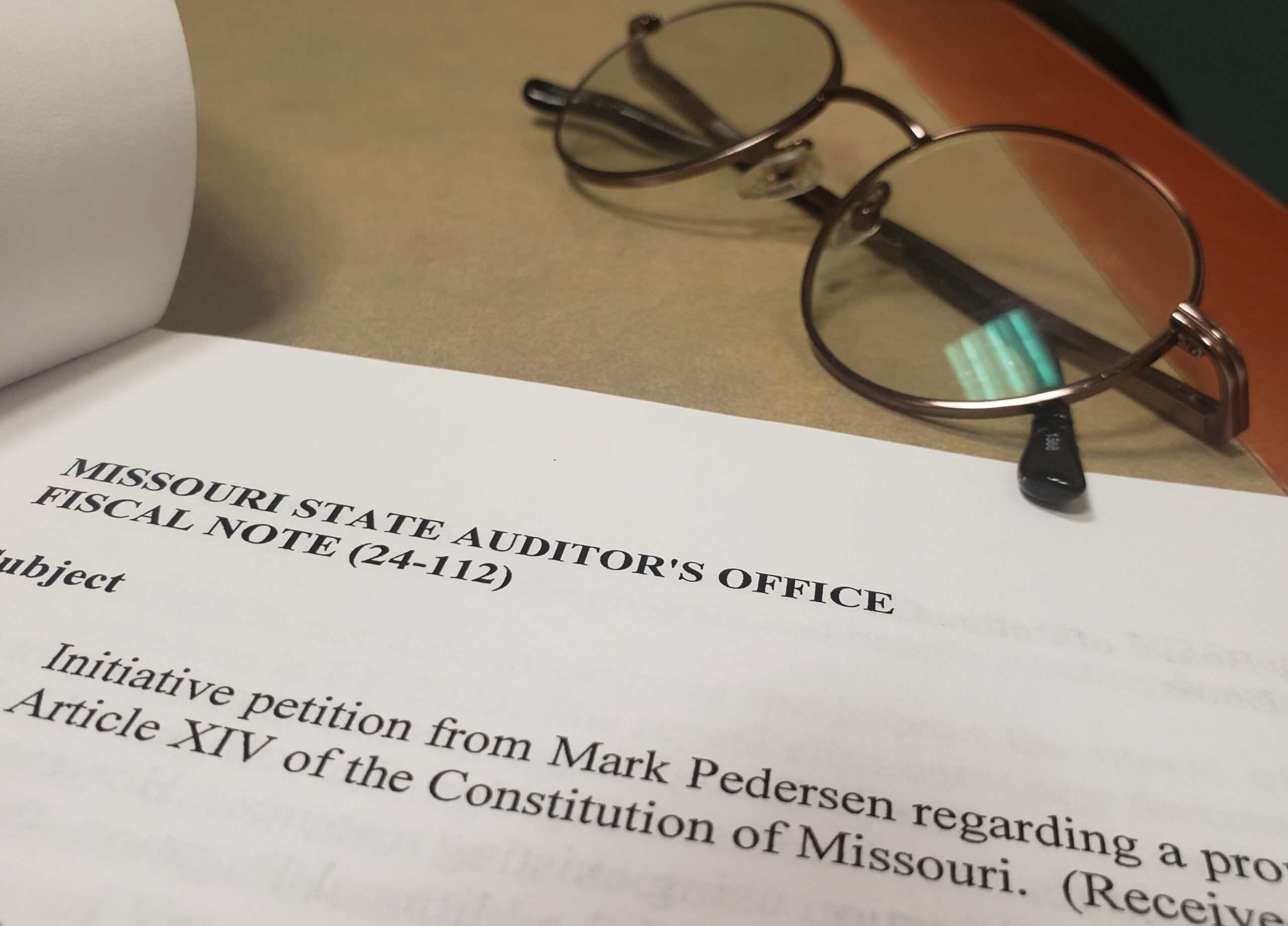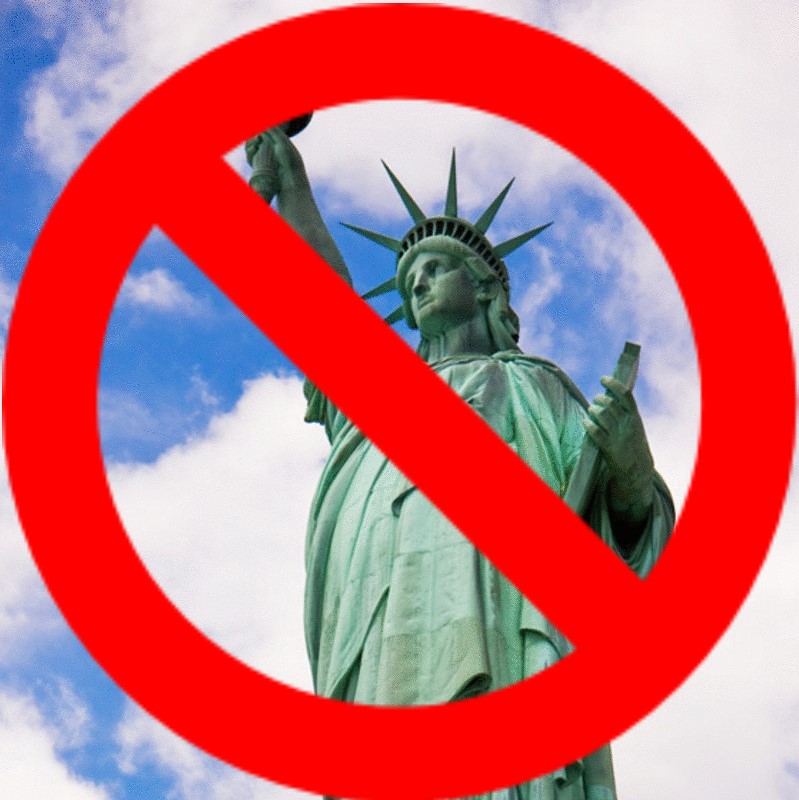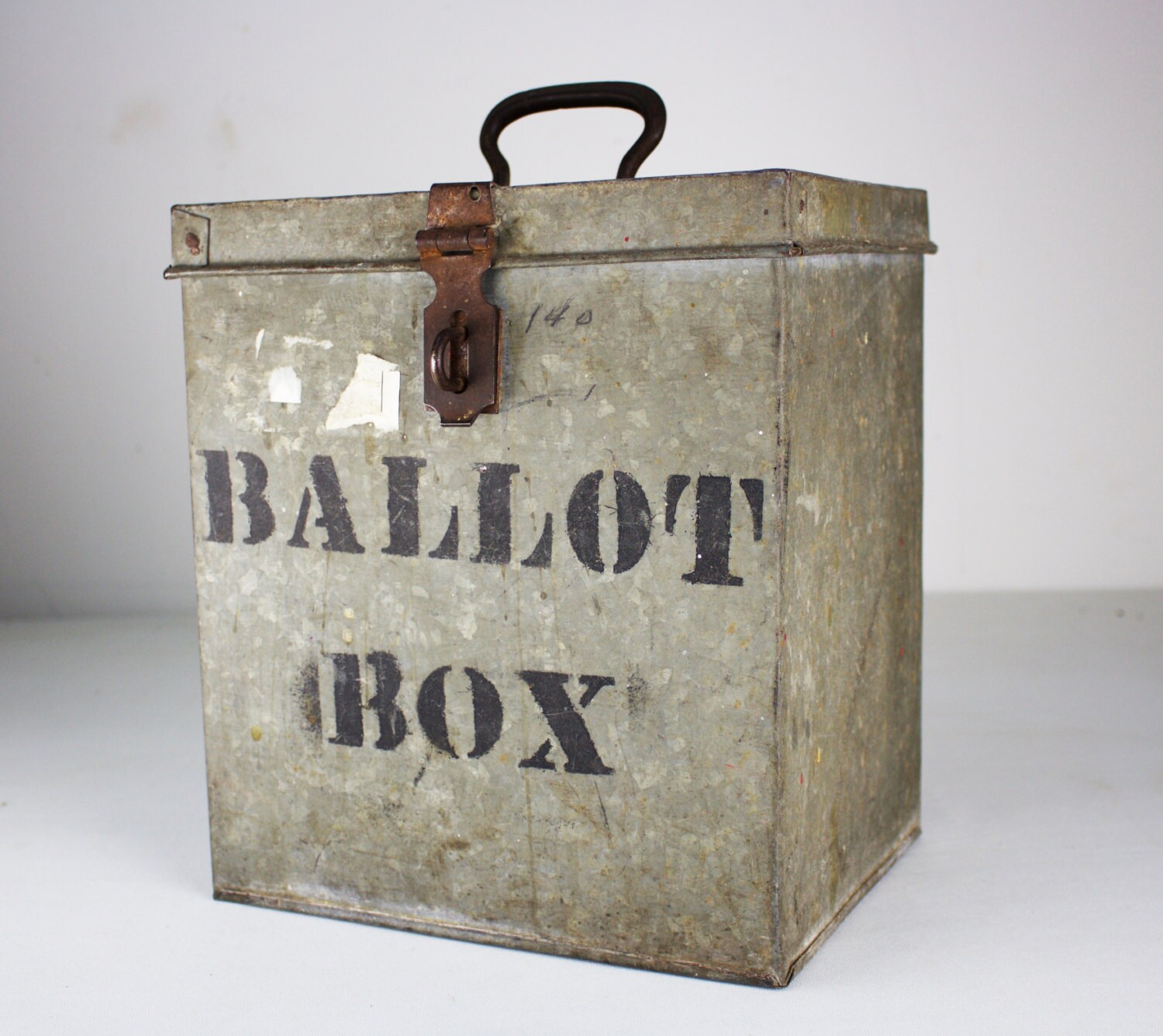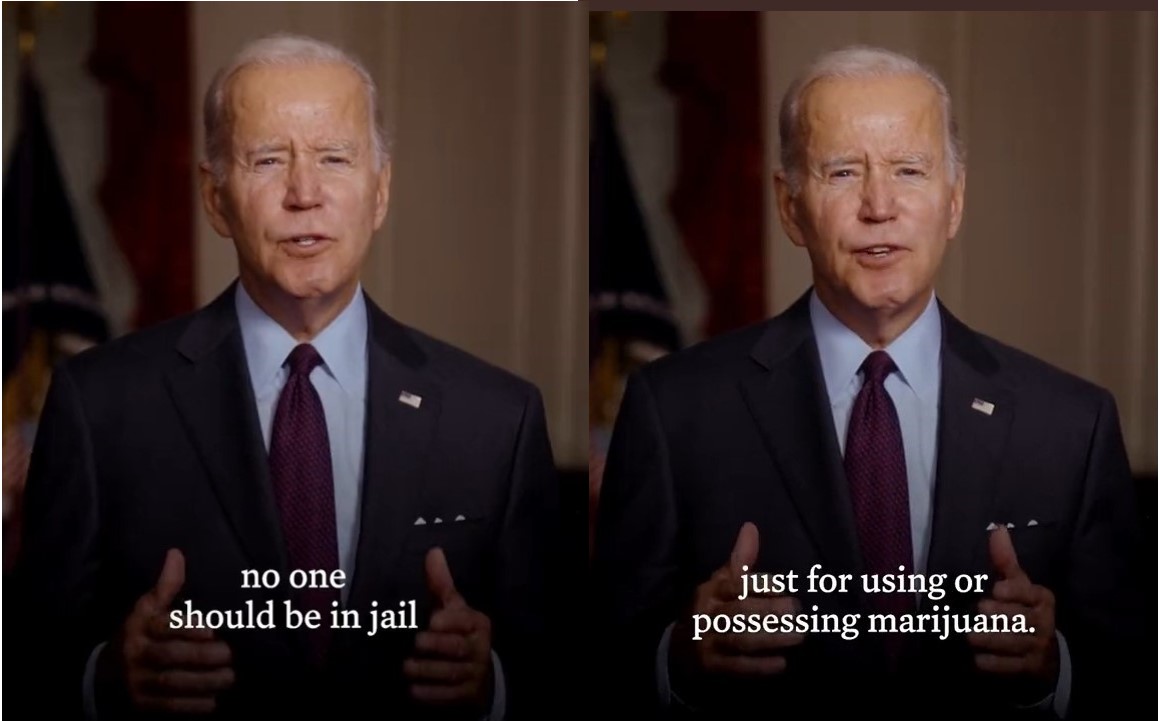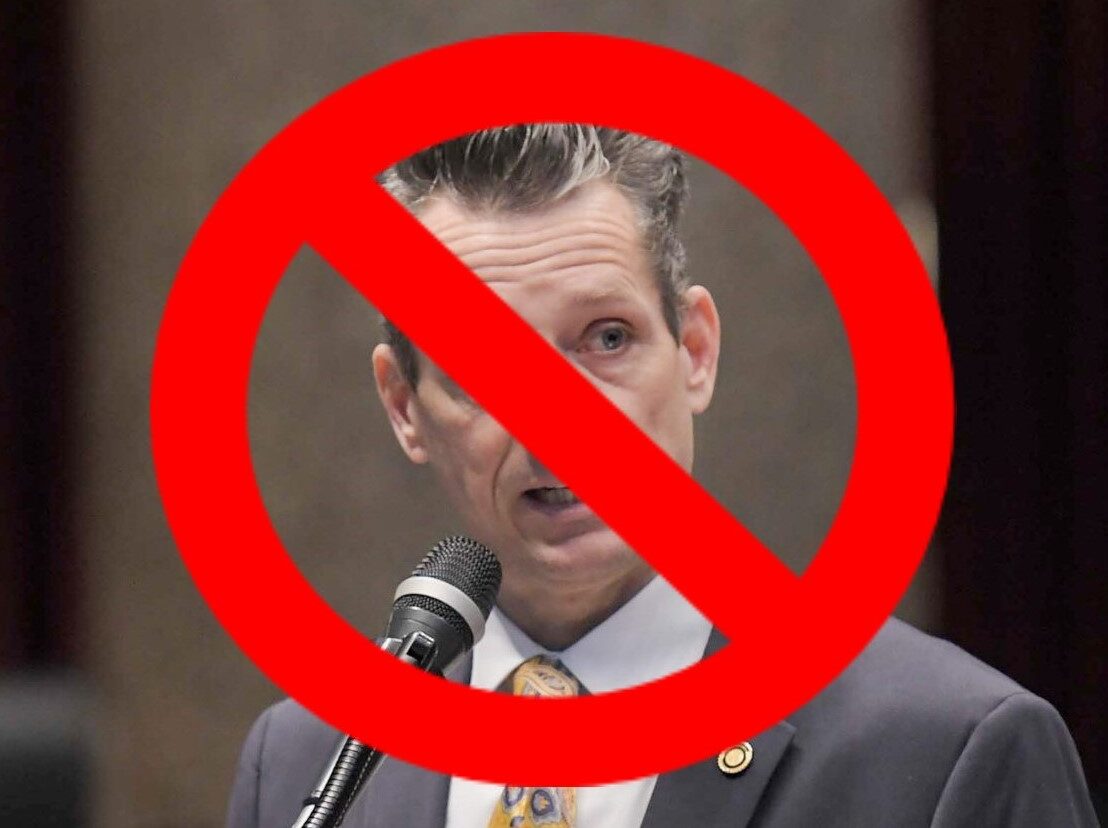This article was originally published in the Medical Cannabis Journal on September 19th, 2019.
A Bit of History
The first person ever to be arrested for drunk driving was a London man, George Smith. He plead guilty to drunkenly ramming a building with his car. Albeit, how fast could he have been going in 1897?
Interestingly, a little more than a decade later, New York State was the first in the U.S. to enact a DUI law. In those days when wagons still shared the streets, public drunkenness must have been at an epidemic to already require a statewide law.
Even in the days when cars ran at a fraction of the speed that they do today, there were, apparently fatalities.
There was a time when DUI laws seemed to make sense. And of course, when it comes to alcohol and prescription drugs, they still do, to some extent, I’m sure. But its such a tenuously narrow line between justice and entrapment when one’s actions are subject to another’s interpretation. How do we conform what one finds morally acceptable, or unacceptable into a law that would responsibly reflect adequate protection and judgement for all?
Well, I guess if one must, toxicity would be a good place to start. But, I’ve always believed every individual had the right to determine whatever entered into their own bodies. That should be a fundamental right. It’s a shame that it isn’t.
Even when it comes to toxins like alcohol. But the detrimental effect alcohol has on one’s judgement can quickly turn a personal problem into a public crisis.
“Personal Responsibility” seems to be at the heart of this issue. Doing the RIGHT thing. Of course, in leu of the thought that this would not be enough, one would think before an intervention, whether privately or with the law – shouldn’t there be an actual crime?
In other words, if we abide by the law, we should feel safe that we will not warrant persecution no matter how we might appear to others. But if we break the laws of the land, we should expect penalty without bias.
Thirteen years of writing state policy and promoting Cannabis reform has presented me with quite a learning curve. Things are hardly ever as simple as we might first think. I guess you could say that I’m not nearly as naïve as I was over a decade ago.
I used to think that things were so “black and white”. That in our day to day lives, when we present the truth, that would be sufficient.
Even though I have always known, because of my Cannabis affiliation, anything I say or do would be automatically tainted in the eyes of prohibitionist lawmakers and law enforcement… I still truly believed we were all on the same side.
I thought.
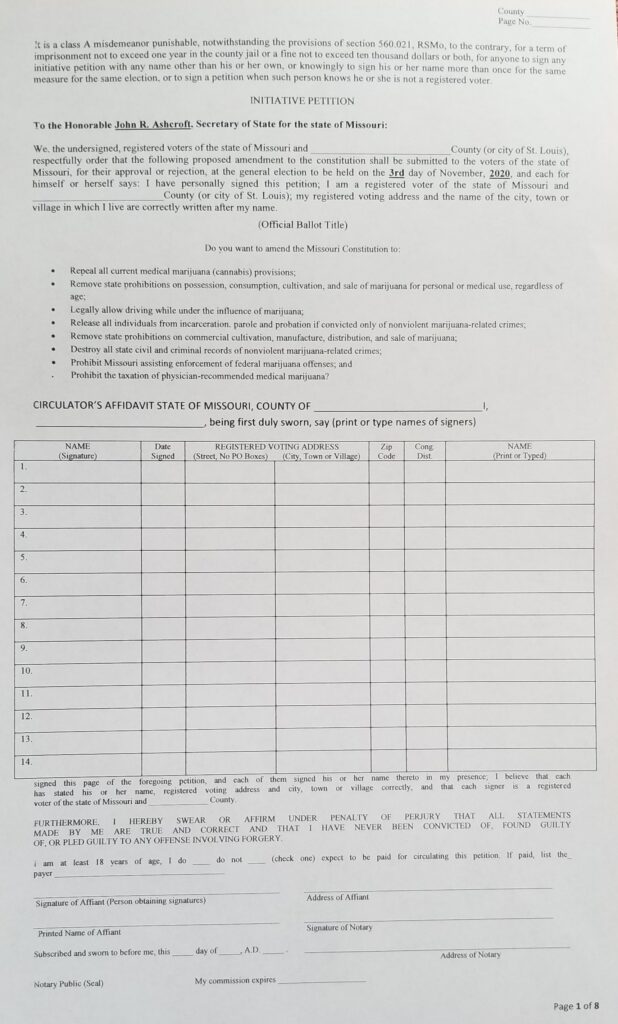
As you all may know by now, I have written a few REAL legalization initiatives. The “petition sheet” is what petitioners use to gather signatures, when attempting to put an issue on the ballot in a general election. It contains the entire content of the initiative along with an area for legal signatures.
In writing an initiative, other than the actual “body of the proposed initiative, the single most critical part is the “Summary”. The Summary is required to be displayed at the top of the first page of the petition sheet. It is literally the first thing read by anyone that potentially may sign the petition.
Rarely do “signee’s” actually read a petition in its entirety. Changes in law can be quite lengthy and almost always a difficult read. More than not, most make their decision to sign the petition based on the word of the petitioner… and the Summary.
Regrettably, the Summary is also the only part of the initiative
petition that is written exclusively by the state and not the author of the petition. As is the case with cannabis reform, this poses a considerable problem.
One would think that a summary should reflect the intentions of the writer, but that is NOT necessarily the case.
Take for example, my most recent offering, the “Missouri Cannabis Restoration 2020”. I was taken aback when I read the Summary bullet points drafted by the Missouri Secretary of State’s Office.
I have to admit, when I first read it, I thought seriously about how Cannabis reform writers in Oklahoma had sued the state over a slighted Summary. But after I thought about it for a while, I chose rather to use their words as a subject here for clarification.
They stated that “Cannabis Restoration” would,
“legally allow driving under the influence of marijuana;”
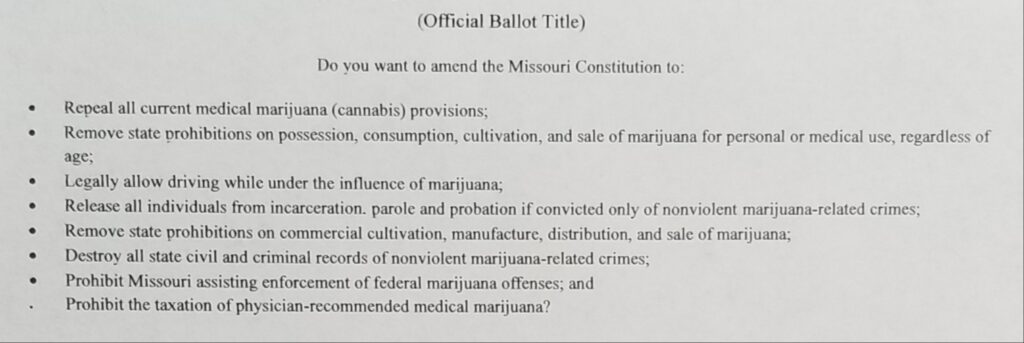
That’s what they derived from my words. Pretty obvious that they were building on the traditional draconian thought that consuming Cannabis was “intoxicating”, much the same as alcohol.
Well, that was NOT my intention at all. My thought was to pass the responsibility for obeying the law literally to the citizen – the motorist – the way it should have been all along… and no longer relying on profiling and drug testing.
Actually, I thought I made it quite clear that “stop, charges, fines and arrests” should be for actual crimes – Not as a product of discrimination or racial bigotry. That might sound rather coarse, but this is a very serious matter. Peoples’ lives hang on these “words”.
“(a) The use and/or possession of Cannabis shall not be grounds for issuing a “Driving under the influence” (DUI) stop,
charge, arrest or fine(s) when operating or a passenger of a motor vehicle. Stops, charges, fines and arrests shall be the
product of visible and/or previously proven non-Cannabis infractions of Missouri law.”
What JUSTIFIES the “stop, charge, arrest or fine(s)”? Just the fact that someone LOOKS like they consume Cannabis – that alone is not justification for a stop or search. All the more so now with more states passing varied forms of access regarding Cannabis.
If someone is singled out or detained, it should not be the product of harassment or personal vendetta. Our law enforcement should be above all that. Truth in word and deed should be paramount, particularly among those sworn to protect us.
The fact is, Cannabinoid metabolites remain in a one’s system for days, even weeks after consumption. The reason is because Cannabis is TRULY food. Our livers determine it as such and allow the nourishment that Cannabis provides to pass through along with their “phytocannabinoids”… the same as any other food.
But further, because “THC” is so similar to “anandamide”, which we produce endogenously, our bodies interpret it the same and store away what is not used immediately in our fat cells. When it is needed, it makes its way back into our bloodstreams where it can be dispatched to where it is required. That’s why the Cannabinoid “THC” shows up in our blood and urine.
Depending on personal metabolism and exertion, it can appear in a drug test, days, even weeks after consumption. At that point, obviously, ANY euphoria had long past subsided, and with it any question of inebriation.
So, if a “drug test” doesn’t accurately identify one’s ability or inability to drive, what is it really for?
Without the means to accurately determine motor-function, or the lack there of through blood or urine tests, one would think the obvious resort would be to actually observe a crime, before considering a “stop, charge, fine or arrest”.
If DUI laws were enforced in Colorado, conservably 20% of the population would irrationally be denied the right to drive. Obviously, this is a highly inaccurate way of testing whether or not one was physically capable of operating a motor vehicle. In reality, it is just another means of
entrapment.
Currently, in every accident, if anyone within the crash – driver or passenger – tests positive for Cannabis use, the cause of the accident, more often than not, becomes “Cannabis intoxication”. Only in this very twisted world could there be a law that so bigotedly singles out NONTOXIC Cannabis, punishing the user, even without cause.
A punishment should be applicable to an actual crime – not quotas, personal philosophies or prejudice.
Protection, as it is addressed in the Missouri Cannabis Restoration 2020 initiative, will ensure that profiling will not strip the personal rights of our driving community without due cause.
Cannabis is nontoxic. Cannabis is food. Cannabis is the single most important medicine of the 21st century.
To view a “line by line” description of the Cannabis Restoration initiative and download any of the Cannabis Restorations for Missouri, Arkansas, Oklahoma or Nebraska, please visit,
https://www.history.com/this-day-in-history/first-drunk-driving-arrest
#cannabisrestoration2020

